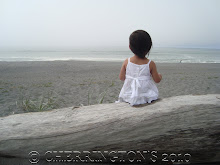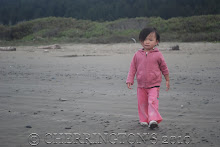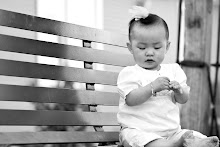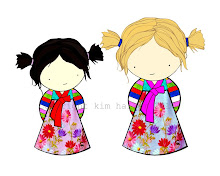Early Korea used a lunar calendar, as did most agrarian societies. As the rest of the world encroached on Korea, it eventually went to the solar calendar. Yet much of the country still uses the lunar calendar to keep track of births and deaths and some traditional holidays. Many people celebrate their birthdays according to both calendars, and the first days of each calendar are national holidays.
Solar
New Year's-January 1st and 2nd
Independence Movement Day- March 1
Arbor Day- April 5
Children's Day- May 5
Memorial Day- June 6
Constitution Day- July 17
Liberation Day- August 15
Foundation Day- October 3
Christmas Day-December 25
Lunar
New Year's (Seol-nal)- 1st day of 1st month, plus the day before and after
Buddha's Birthday (Seokka Tanshin-il)- 8th day of 4th month
Harvest Moon Festival (Chuesok)- 14-16th days of 8th month
Protected: we’ve moved!
11 years ago



























No comments:
Post a Comment